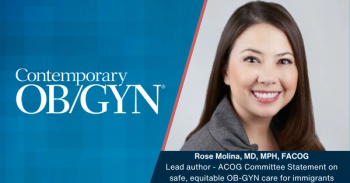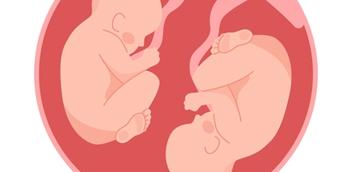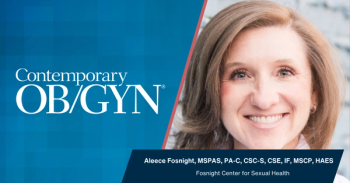
Early menopause tied to heart failure
According to a recent study in Menopause, women who go through natural menopause at ages 40 to 45 may be at increased risk of developing heart failure and smoking may produce a similar risk among those who experience menopause at ages 46 to 49.
According to a recent study in
Researchers at the Karolinska Institute in Stockholm, Sweden used the Swedish Mammography Cohort, which followed 22,256 women from 1997 through 2011 and included information on the age of natural menopause. First incidence of health failure was identified through the Swedish National Patient Register and the Cause of Death Register. Multivariable-adjusted hazard ratios (HRs) and 95% confidence intervals (CIs) were estimated with Cox proportional hazards regression analyses.
During mean follow-up of 13 years, 2532 first events of heart failure hospitalizations and deaths were recorded. The mean age at menopause for the cohort was 51 years. When compared with menopause at ages 50 to 54, early natural menopause occurring at ages 40 to 45 was significantly associated with heart failure (HR, 1.40; 95% CI, 1.19 to 1.64). When stratified by smoking status, similar HRs were observed in the early menopause group among never smokers (HR, 1.33; 95% CI, 1.06 to 1.66) and ever smokers (HR, 1.39; 95% CI, 1.09 to 1.78). An increased risk of heart failure was found among women who entered menopause at ages 46 to 49 who were ever smokers (HR, 1.25; 95% CI, 1.06 to 1.47). Overall, the researchers found a significant link between the age at natural menopause and smoking status (P = 0.019).
The investigators concluded that early menopause was associated with an increased risk of developing heart failure and that the association could be found among ever smokers who had entered menopause between ages 46 to 49.
To get weekly advice for today's Ob/Gyn,
Newsletter
Get the latest clinical updates, case studies, and expert commentary in obstetric and gynecologic care. Sign up now to stay informed.









